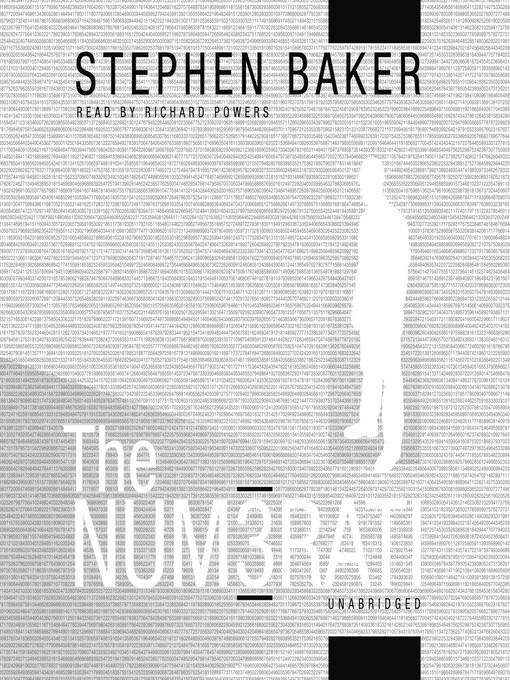
The Numerati
کتاب های مرتبط
- اطلاعات
- نقد و بررسی
- دیدگاه کاربران
نقد و بررسی

Journalist Steven Baker offers this fascinating look at social trends such as emailing, cell phone usage, and even shopping habits to examine how scientists he calls "the Numerati" are breaking us down into numbers to profile us. The idea may seem intriguing, but, in truth, Baker tells us, it's incredibly scary, as the formulas calculated for each individual may be used to control his or her life. Narrator Paul Michael Garcia taps into the harsh realities of Baker's vision in his reading, speaking in a firm and candid voice that relates the material in a straightforward yet ominous tone. The way Garcia uses his voice to connect with his listeners makes the material all the more believable--and frightening. L.B. (c) AudioFile 2008, Portland, Maine

Starred review from July 14, 2008
In this captivating exploration of digital nosiness, business reporter Baker spotlights a new breed of entrepreneurial mathematicians (the “numerati”) engaged in harnessing the avalanche of private data individuals provide when they use a credit card, donate to a cause, surf the Internet—or even make a phone call. According to the author, these crumbs of personal information—buying habits or preferences—are being culled by the numerati to radically transform, and customize, everyday experiences; supermarket “smart carts” will soon greet shoppers by name, guide them to their favorite foods, tempting them with discounts only on items they like; candidates will be able to tailor their messages to specific voters; sensors in homes or even implanted in bodies themselves will report early warnings of medical problems (“have you noticed Grandpa has been walking slower?”), predict an increased risk of disease in the future or adjust a drug for a single individual. An intriguing but disquieting look at a not too distant future when our thoughts will remain private, but computers will disclose our tastes, opinions, habits and quirks to curious parties, not all of whom have our best interests at heart.

























دیدگاه کاربران